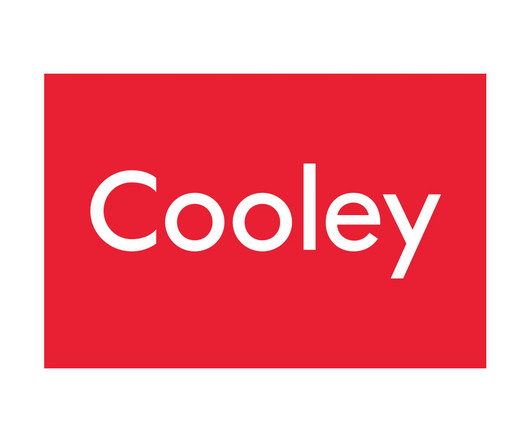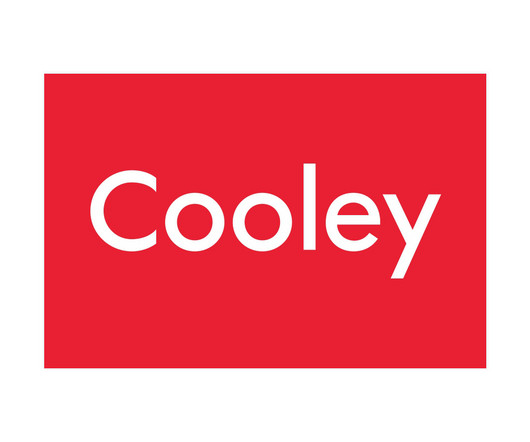Update to FAQs regarding de-SPACs and submission of draft registration statements
JD Supra: Mergers
SEPTEMBER 18, 2024
The 2012 JOBS Act permitted Emerging Growth Companies to initiate the IPO process by submitting their IPO registration statements confidentially to the SEC for nonpublic review by the SEC staff.















Let's personalize your content